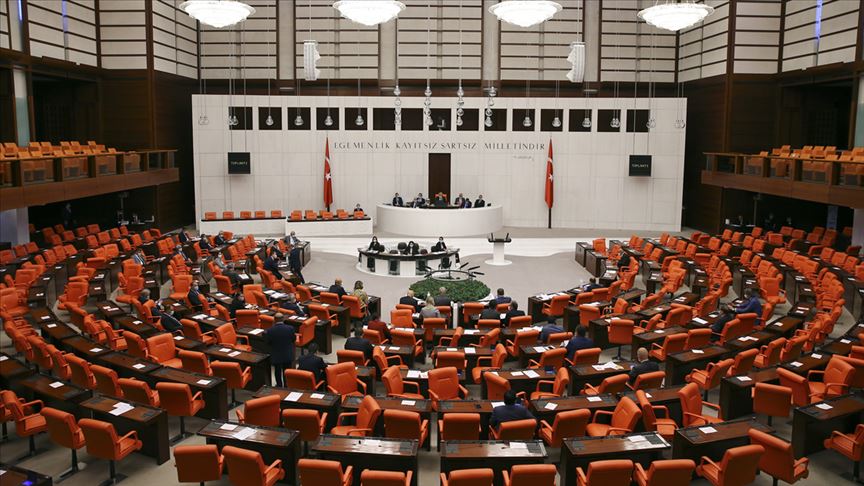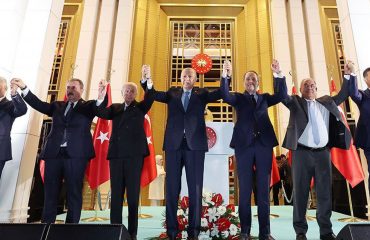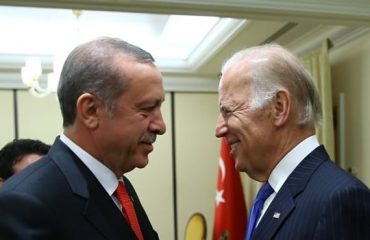

Turkey’s election law changed once more with the votes of ruling Justice and Development Party (AKP) and Nationalist Movement Party (MHP) members. Election threshold lowered to 7 percent from 10 percent and alliance regulations reverted.
Turkey’s parliament legalized the draft law prepared by the AKP-MHP alliance to make changes in the law ahead of the 2023 elections on March 30.
The new law stipulates to lower the threshold to 7 percent, as it was 10 percent.
Election alliances reverted
The most contentious article annuls the amendment made in 2018 which made alliances possible and lead to the formation of “People’s Alliance” of the ruling block and “Nation Alliance” of the opposition block. The 2018 change paved a way for the small parties that cannot reach the 10 percent threshold to be able to have seat in the parliament if enter in election within an alliance.
Turkey’s election methodology is known as d’Hondt method where votes in certain constituency is respectively allocated between parties which passed the election threshold. For example in a city where 3 party have got the majority of the votes, the seats in the parliament allocated to this city were determined by the percentage of the votes of these parties if they passed the election threshold.
In 2018, the threshold blockage was surpassed by an amendment which enabled small parties to enter into the race within alliance and gave people to chance to vote for an alliance instead of a party.
Opposition needs new strategies
Currently in Turkey only 4 parties, ruling AKP, main opposition CHP and its alliance partner İYİ Party and Kurdish-issue focused HDP are able to pass the threshold. AKP’s partner MHP, and 4 other parties in the opposition alliance are below the threshold.
Opposition criticized the move as their recent effort to form an oppositional front against AKP-MHP alliance will be scrutinized by the threshold problem. The commentators argue that ruling block may enter as one party but it cannot be the case for the opposition since it is composed of parties that have different ideologies and voter bases.
The law also changes the requirements for the parties to enter into election, make it more difficult as they are expected to complete their district, province and nationwide conventions. Forming parliamentary group alone before the election will not be enough. That article had enabled İYİ Party to enter into election in 2018 as CHP had transferred elected lawmakers to İYİ Party and made it enter into election by forming a parliamentary group.


